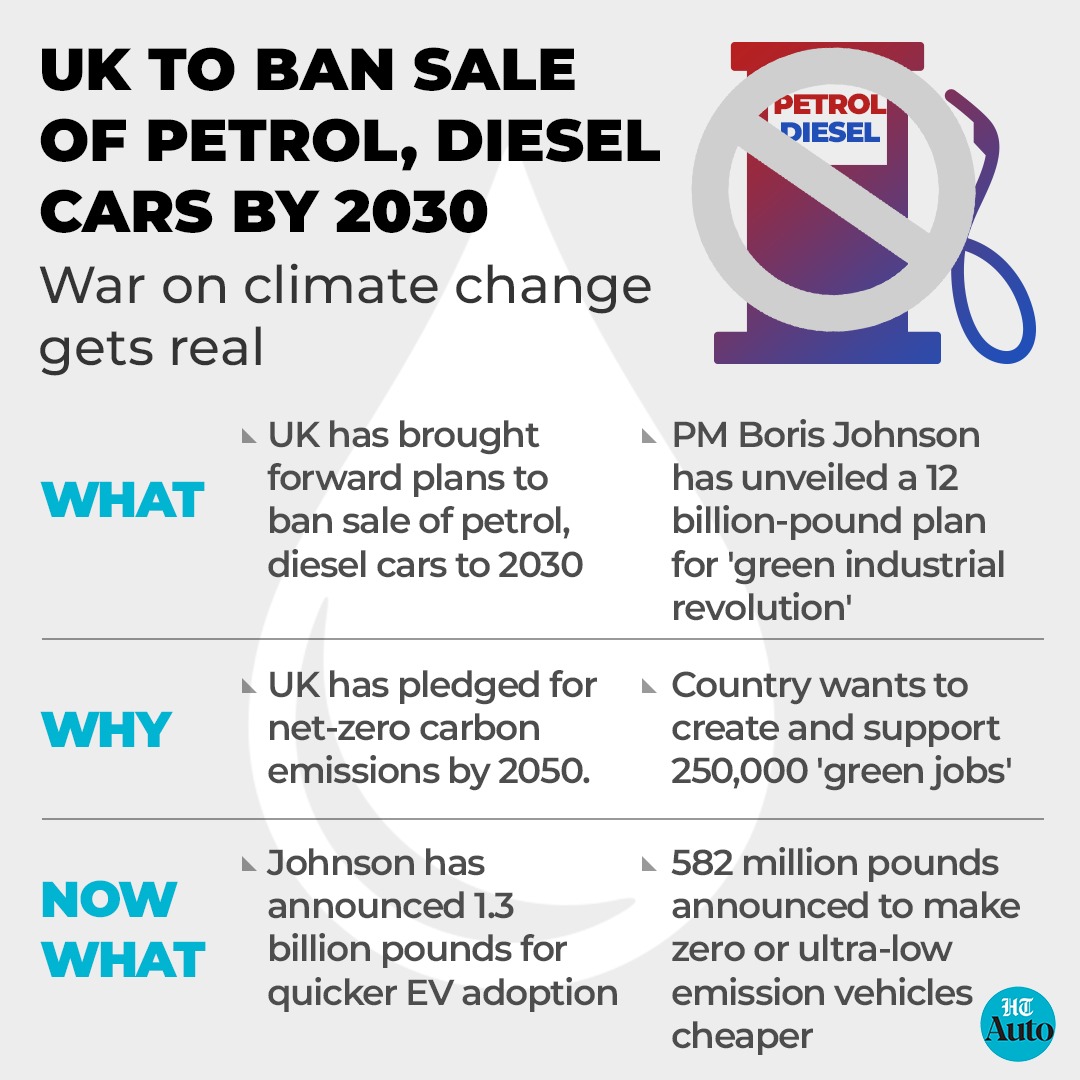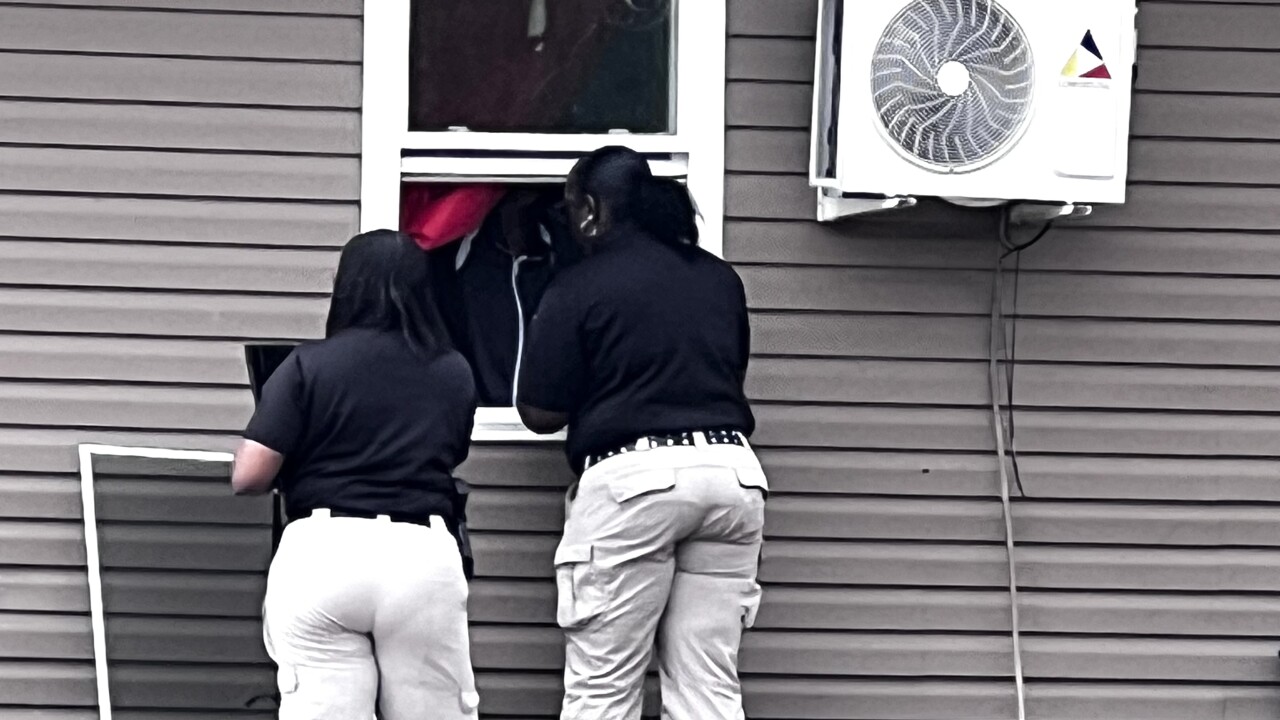Delhi's Move To Ban Old Petrol Cars: Will Other Cities Take Action?

Table of Contents
Delhi's Rationale Behind the Proposed Ban
Delhi's decision to potentially ban older petrol cars stems from a confluence of factors, primarily the city's alarming air pollution levels and the associated public health crisis.
Deteriorating Air Quality
Delhi consistently ranks among the world's most polluted cities. Vehicular emissions significantly contribute to this, with older petrol cars being major contributors of harmful pollutants.
- Delhi's Air Quality Index (AQI) frequently exceeds safe limits, often reaching hazardous levels, particularly during winter months.
- The city experiences a high concentration of particulate matter (PM2.5 and PM10), nitrogen oxides (NOx), and other pollutants directly linked to respiratory illnesses and cardiovascular diseases.
- Studies have consistently shown a strong correlation between vehicular emissions and Delhi's poor air quality, emphasizing the urgent need for interventions.
Public Health Concerns
The health consequences of Delhi's air pollution are severe and far-reaching. The high levels of pollutants directly impact respiratory health, leading to an increase in respiratory illnesses such as asthma, bronchitis, and lung cancer.
- Statistics reveal a significant rise in respiratory illnesses in Delhi, placing a considerable strain on the city's healthcare system.
- The economic burden of healthcare associated with air pollution-related diseases is substantial, impacting both individuals and the city's economy.
- Children and the elderly are particularly vulnerable to the harmful effects of air pollution.
Government's Commitment to Sustainability
The proposed ban on old petrol cars is not an isolated measure but rather a key component of Delhi's broader commitment to sustainable development and environmental protection.
- The Delhi government has implemented various other green initiatives, including promoting the use of public transport, cycling, and electric vehicles.
- Investment in expanding the Delhi Metro and improving bus services is part of a larger strategy to reduce reliance on private vehicles.
- The ban reflects the government's determination to prioritize public health and environmental sustainability.
Potential Impacts of the Ban
The proposed ban on old petrol cars will have multifaceted impacts, both positive and negative.
Environmental Benefits
The expected environmental benefits are significant and include a noticeable improvement in air quality.
- A reduction in greenhouse gas emissions and particulate matter is anticipated, leading to a cleaner and healthier environment.
- The AQI is projected to improve considerably, resulting in fewer instances of hazardous air quality levels.
- A decrease in respiratory illnesses and associated healthcare costs is a key anticipated benefit.
Economic Considerations
While environmentally beneficial, the ban also raises economic concerns.
- Potential job losses in the used car market are a significant challenge that needs addressing.
- The government will need to invest in retraining programs and support mechanisms for those affected by the ban.
- Investment in expanding and improving public transport infrastructure is crucial to mitigate potential economic disruptions.
Public Transportation Infrastructure
The success of the ban hinges on the adequacy of Delhi's public transport system.
- The Delhi Metro and bus services need to be significantly expanded to accommodate the increased demand resulting from the ban.
- Improvements in infrastructure, including better connectivity and accessibility, are vital.
- Investing in efficient and reliable public transportation is crucial for the smooth implementation of the ban.
Will Other Indian Cities Follow Suit?
Whether other Indian cities will follow Delhi's lead depends on various factors.
Challenges for Other Cities
Several obstacles could hinder the implementation of similar bans in other Indian cities.
- Air quality varies significantly across different cities, with some facing less severe pollution challenges than Delhi.
- The financial capacity of different municipalities to implement such bans and invest in public transport differs greatly.
- Political will and public support are crucial for the successful implementation of such ambitious environmental policies.
Successful Examples from Other Countries
Several global cities have successfully implemented vehicle emission control measures.
- London's Ultra Low Emission Zone (ULEZ) and Paris's restrictions on older vehicles offer valuable lessons and best practices.
- These examples highlight the feasibility and effectiveness of similar policies in reducing air pollution.
- Studying these successful models can provide insights for other Indian cities planning similar initiatives.
The Role of Technology and Policy
Technological advancements and innovative policy solutions are crucial.
- Promoting the adoption of electric vehicles (EVs) and providing incentives for EV usage are essential.
- Stricter emission standards for new vehicles and phasing out older, polluting vehicles are crucial steps.
- Comprehensive policy frameworks are needed to encourage the shift towards cleaner transportation options.
Conclusion
Delhi's potential ban on old petrol cars is a significant step towards improving air quality and promoting sustainable transportation. The move highlights the urgent need to address air pollution and its devastating health impacts. Will other cities follow Delhi’s lead in banning old petrol cars? The success of this initiative will depend on careful planning, robust public transport infrastructure, and a commitment to addressing the economic and social implications. The question remains open, but Delhi's bold move sets a crucial precedent. Share your thoughts on this critical issue and learn more about initiatives to promote cleaner transportation and air quality improvement in your city. Let's work together to reduce air pollution and embrace sustainable transport solutions.

Featured Posts
-
 Tendencias De Maquiagem Como Usar A Tecnica Em Aquarela
Apr 25, 2025
Tendencias De Maquiagem Como Usar A Tecnica Em Aquarela
Apr 25, 2025 -
 Investment Banking Bbvas Long Term Growth Plan
Apr 25, 2025
Investment Banking Bbvas Long Term Growth Plan
Apr 25, 2025 -
 The China Market Obstacles And Opportunities For Bmw Porsche And Other Automakers
Apr 25, 2025
The China Market Obstacles And Opportunities For Bmw Porsche And Other Automakers
Apr 25, 2025 -
 Ganadores De Los Premios Caonabo De Oro 2025 Revelados
Apr 25, 2025
Ganadores De Los Premios Caonabo De Oro 2025 Revelados
Apr 25, 2025 -
 How Rented I Pads Enhance Business Conference Networking
Apr 25, 2025
How Rented I Pads Enhance Business Conference Networking
Apr 25, 2025
Latest Posts
-
 Elizabeth City Road Double Pedestrian Fatality Following Accident
May 10, 2025
Elizabeth City Road Double Pedestrian Fatality Following Accident
May 10, 2025 -
 Fatal Elizabeth City Collision Driver Hits Two Pedestrians
May 10, 2025
Fatal Elizabeth City Collision Driver Hits Two Pedestrians
May 10, 2025 -
 Two Pedestrians Killed In Elizabeth City Road Accident
May 10, 2025
Two Pedestrians Killed In Elizabeth City Road Accident
May 10, 2025 -
 A New Look For The Queen Elizabeth 2 Inside The Refurbished Cruise Ship
May 10, 2025
A New Look For The Queen Elizabeth 2 Inside The Refurbished Cruise Ship
May 10, 2025 -
 Improving Wheelchair Access On The Elizabeth Line A Guide For Passengers
May 10, 2025
Improving Wheelchair Access On The Elizabeth Line A Guide For Passengers
May 10, 2025
